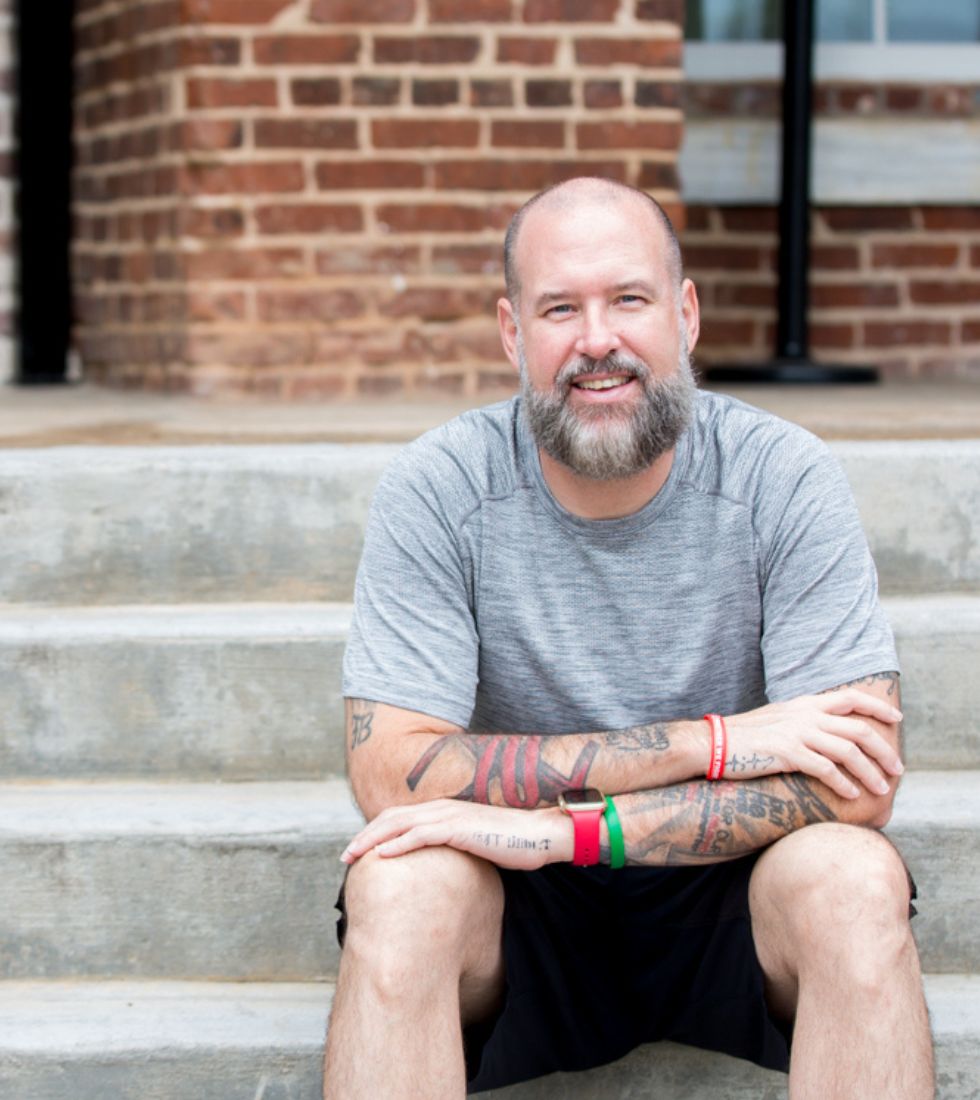![Anxiety-and-Allergies-The-Connection[1] | Beatanxiety Anxiety and Allergies The Connection Alpharetta](https://beatanxiety.me/wp-content/uploads/2018/02/Anxiety-and-Allergies-The-Connection1-300x199.jpg)
Anxiety and Allergies: The Connection
If you’re ever feeling super alone in this world and begin thinking that no one understands, consider this:
- Anxiety disorders are the most common mental illnesses in the U.S.
- 40 million adults suffer from anxiety in this country.
- Of those, 15 million suffer from social anxiety disorder; 14.8 million have major depressive disorder; 7.7 million are affected by post-traumatic stress disorder, and 7 million have a general anxiety disorder.
That’s a lot of people going through what you’re dealing with! OK, now let’s add in another common condition: allergies. About 50 million people suffer from some type of allergy, whether it’s to pollen, food or pet dander. Allergens vary as much as anxiety disorders.
So, what happens when anxiety and allergy problems are combined? While the two may seem independent of each other, there is a link. You may notice that as your anxiety and stress increase, you experience an increase in allergy symptoms. In reverse, you notice persistent allergy symptoms and experience elevated levels of stress and anxiety as a result.
There are several theories that contribute to the theory that the two are interrelated, according to CalmClinic.com:
- Some allergies cause changes in the brain and body, which in turn causes anxiety.
- Having allergies cause stress and discomfort, which may cause people to develop anxiety.
- Allergies do not cause anxiety but make anxiety worse.
- Allergies have no effect on anxiety, but anxiety makes allergies worse.
- Allergies and anxiety are independent of each other but may have some common condition between them, such as differences in immune system health.
It depends on the person of course, but studies have shown that high-stress levels actually do increase allergy symptoms and that allergies themselves can contribute to anxiety symptoms. One research paper concluded that despite varying methodologies used to test the theory, 9 out of 11 studies showed a direct relationship between allergy and anxiety symptoms.
However, another article from the Anxiety Centre states that allergies do not cause anxiety. The emotional, physiological and psychological state that’s created from anxiety is because we are worrying and fearing the worst.
“We choose the behaviors we use, therefore, nothing forces us to choose apprehensive behavior, including allergies,” according to the article. “However, because more severe forms of allergies can have serious health consequences, you can choose to worry about your allergies, allergy symptoms, and allergic reaction, which does cause the physiological, psychological, and emotional state of anxiety, since worry is an example of apprehensive behavior.”
Regardless of which came first: the chicken or the egg, using techniques to reduce anxiety need to be addressed because anxiety is still an emotional reaction despite a physical cause. Learning how to control your anxious thought processes can lead to living a higher quality of life.
Anxiety breathing techniques, meditation, physical exercise, getting good sleep, and anxiety therapy are just a few ways to divert your attention from the immediate pain you may be experiencing.
Reducing allergy symptoms is equally important. Keep your house clean, use artificial tear drops, wash your face and shower, and don’t rub your eyes because it only makes symptoms worse.
The mind-body health correlation is another factor. The good things we do for our bodies are also good for our minds. Doing things you enjoy, eating healthy and getting medical exams and check-ups are all important. Mental symptoms affect our physical health, which is why it’s so important to take good care of our bodies. And vice versa.
One in four Americans have a diagnosable mental illness, but there are things you can do every day to take care of the mind and body. You don’t need to let anxiety and allergies rule your life. What can you do today to ease your symptoms?

Somatic coach (therapist) in Canton, GA, and Worldwide Life Coach dedicated to inspiring and assisting people worldwide through candid conversations about anxiety. Having personally battled general anxiety, panic disorder, and OCD, I understand the daily challenges those grappling with anxiety face. My journey involved searching for the right therapist, medication, and natural supplements and undergoing various tests. It was only after deciding to reclaim my life that I finally overcame anxiety’s hold. I’m passionate about helping others conquer their struggles and discover their life purpose.

![Anxiety-and-Allergies-The-Connection[1] Anxiety and Allergies The Connection Alpharetta](https://beatanxiety.me/wp-content/uploads/2018/02/Anxiety-and-Allergies-The-Connection1.jpg)